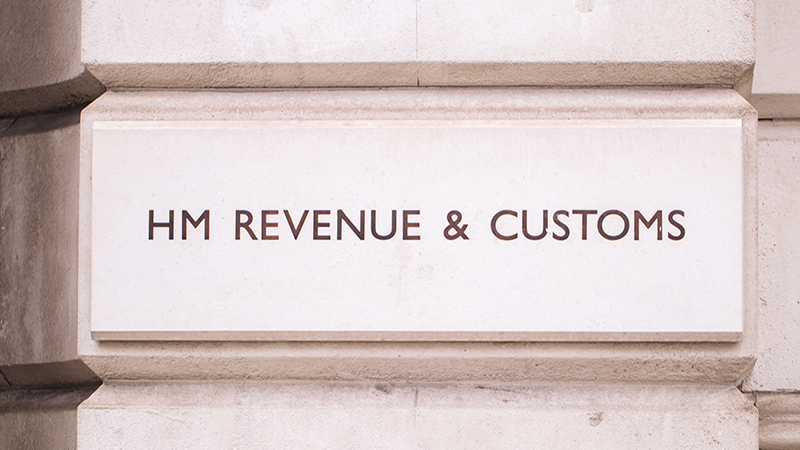Inheritance tax receipts have continued on an upward trajectory, with HMRC reporting a take of £700m in April.
This represents an increase of £85m on the amount taken in April 2023 and puts HMRC on track for another record year of IHT receipts.
The last tax year saw a new record total of £7.5bn paid as more people were dragged in due to the thresholds remaining unadjusted.
This may well become a political talking point once again as the parties position themselves for the next general election.
Shaun Moore, tax and financial planning expert at Quilter, said: “As we enter into election season, it would be sensible for either party to reassess the UK’s IHT landscape and change what is no longer fit for purpose.
“When the party manifestos are published later this year, we will see how both parties hope to evolve the inheritance tax system that has been in a state of paralysis for too long leading to these types of figures.”
“Some of the measures that could help to alleviate the tax burden could be to drop the IHT tax rate to 30%,” he continued. “But such a tax cut is unlikely to be too much of a vote winner given that only a very small percentage of the UK public actually pay IHT.”
See also: Sector in review: IA Commodities and Natural Resources
According to Wealth Club’s calculations, the total annual IHT take will hit £9.5bn by 2030 if changes are not made.
Nicholas Hyett, investment manager at Wealth Club, said: “Contrary to popular belief, inheritance tax doesn’t just affect the super-rich. Frozen tax brackets mean many who would not consider themselves wealthy will find themselves falling into the IHT bracket in future.
“Their standard of living hasn’t changed, indeed inflation means it might have gone backwards, but the government now considers them to be wealthy enough to face inheritance tax.
“Pensions can be passed on to the next generation relatively tax efficiently, and the nil-rate residential band will help many pass on properties without too much hassle. The greatest IHT threat probably comes from where you least expect it: your Isa.
“While tax efficient in so many way, Isas are not IHT free. So, if you do nothing, up to 40% of your long-term savings could end up with the taxman.”








